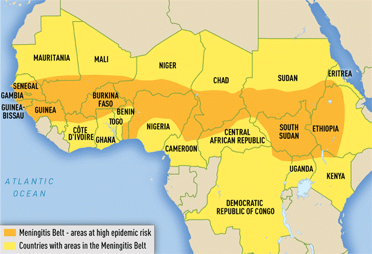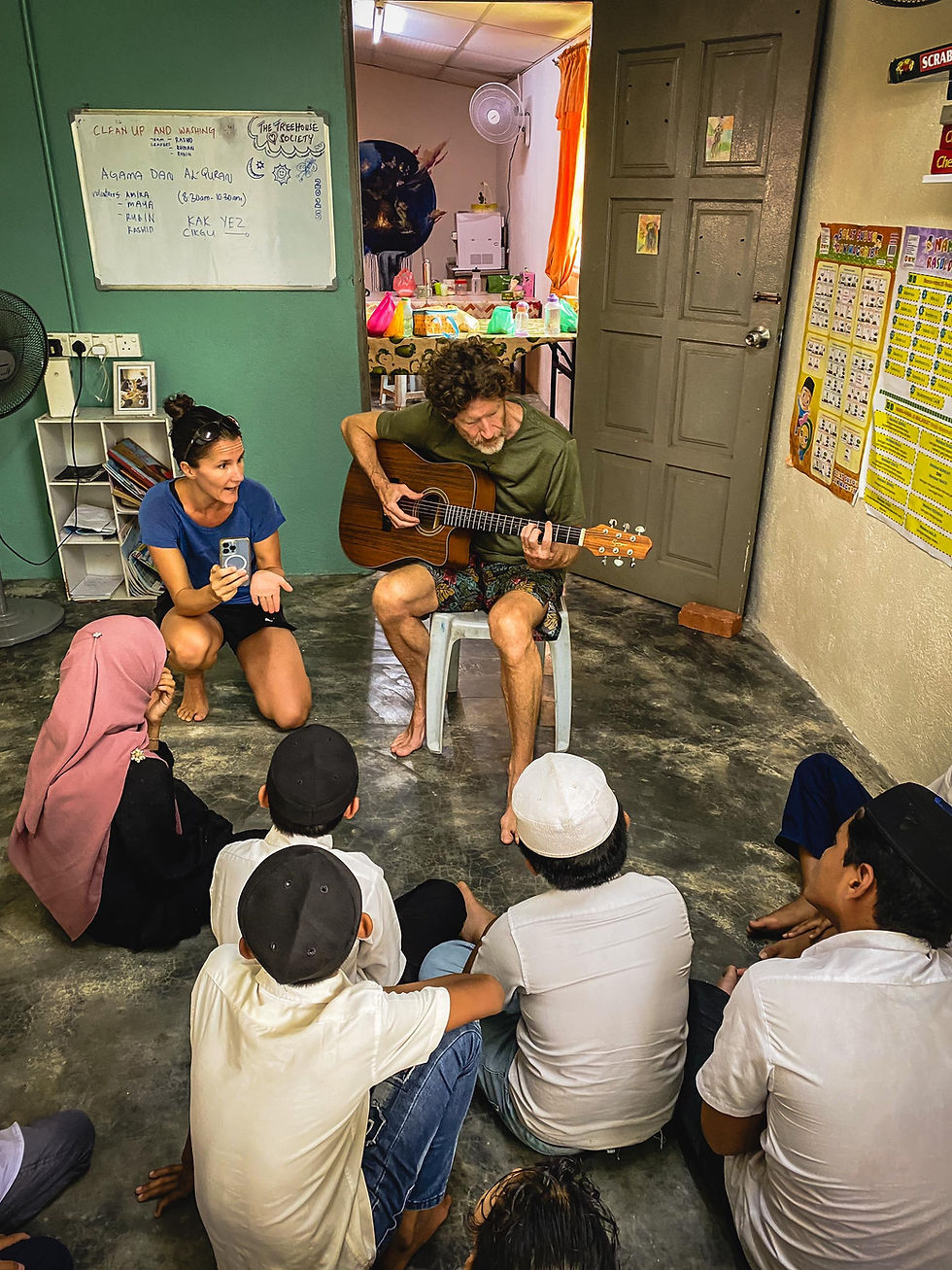Vaccines
- XPLORid

- Apr 23, 2021
- 5 min read
If you have ever been on holiday to faraway places, you must have been vaccinated against yellow fever, Hepatitis A / B and DTaP. Rabies and typhoid fever might also be in your vaccine passport. However, we will have a huge cocktail of vaccines. We didn’t know we could encounter so many diseases during our bicycle trip around the world.
Last year we started checking our vaccines. The vaccines against yellow fever and Hepatitis B provide lifelong protection. Hepatitis A 30 years and DTP 10 years. In 2025, we will have to look for Ben’s revaccination against DTaP.
The vaccines against rabies is lifelong, but if you get bitten, scratched or licked (on a wound), you must immediately clean the wound with soap and water and disinfect it. You must then contact a doctor within 24 hours.
The vaccines against typhoid fever is valid for only 3 years. Typhoid is relatively common in countries such as India, Pakistan and Sri Lanka. The risk is considerably lower in sub-Saharan Africa and Central and South America. So it's probably best to get the re-vaccine before we hit Central America. On the website of www.istm.org we can see where reliable clinics are located.
With malaria tablets included, we thought we were sufficiently protected against all diseases along the way. However, we will be in certain high-risk areas for such a long period of time and we will spend a lot of time in the countryside that we also have to be vaccinated against tick-borne encephalitis, Japanese encephalitis, BCG (tuberculosis / TB) and meningitis.
Tick-borne encephalitis
The tick is an arachnid insect. In addition to Lyme disease, this animal can transmit many more diseases, including tick-borne encephalitis (TB). This virus is found in the salivary glands of the tick and can lead to infection within 15 minutes after attachment in the skin. The risk areas on our route are Kyrgyzstan, China, Mongolia and Japan. Especially in the period from early spring (April) to autumn (October).
In most cases, the disease progresses without symptoms. However, there is a small chance of brain (membrane) inflammation. To completely exclude infection, vaccination is recommended. The vaccination is valid for 3 years. If we crossed Japan within that time, re-vaccination is no longer necessary.
Japanese encephalitis
Although we protect ourselves well against it:
- Covering clothing
- Deet
- Impregnated mosquito net from Care Plus
- Clothing with light colors
- Wide clothing
- No perfume, scented deodorant or after shave
The mosquito is not our friend.
The mosquito that transmits Japanese encephalitis bites mainly at dusk in the evening and breeds in rice fields. The disease occurs in large parts of South and East Asia, especially in rural areas where there are many rice fields and pig farms and on the outskirts of cities.
Most people have no or very mild symptoms: flu with fever, muscle aches and headaches. However, there is a small chance of brain (membrane) inflammation and paralysis. To completely exclude infection, vaccination is recommended. With a booster after 24 months, the vaccination provides 5 years of protection. In April 2022 we will have to look for a reliable clinic that can give this vaccine to us. On www.istm.org we have found 2 clinics in Nepal.
BCG (tuberculosis / TB)
Tuberculosis is an infectious disease caused by the TB bacteria. An infection with this bacteria can cause serious inflammation. Infection takes place through breathing. About 10 percent of people who get infected with the TB bacteria get sick. TB is mainly found in Southeast Asia and South Africa.
Although we are vaccinated against tuberculosis, we are advised to do an annual quantiferon test and have a lung photo taken after we crossed Iran. This is because this vaccin has not been proven to be effective to adults. During our world tour we will stay in close contact with the TB doctor of the GGD (Municipal or Common Health Service). TB can be cured, but the healing process often takes a long time (3 to 12 months).
Meningitis
Meningococcal disease is a serious disease caused by the meningococcal bacteria. The disease is transmitted from person to person through coughing / sneezing. The disease occurs everywhere in the world. Group A mainly occurs in developing countries, Group B mainly in developed countries and Group C occurs everywhere. In the sub-Saharan African countries there are regular epidemics of meningococcal A during the dry months (December - June), especially in the "meningitis belt".
Infection can lead to high fever, chills, muscle aches, vomiting, headache and neck stiffness and disturbed consciousness. In very severe forms, skin rashes can occur with skin bleeds on the trunk and limbs. The disease can be deadly due to brain (membrane) inflammation or blood poisoning. Treatment consists of administering antibiotics through an infusion. To completely exclude infection, a vaccine is recommended. The vaccine is valid for 5 years. When we start looking for a re-vaccine against DTaP for Ben in 2025, we will also take the vaccine against meningitis.
Malaria
Malaria is caused by a sting of a mosquito of the species Anopheles. The mosquito injects parasites into your blood. Malaria is mainly found in tropical and sub-tropical areas. The malaria mosquito only stings between sunset and sunrise.
There are different forms of malaria. The disease usually results in high fever. The most dangerous form is "malaria tropica", which can be fatal within a few days. Treatment at an early stage is necessary. The other forms of malaria aren’t as dangerous: the symptoms are the same, but there are no serious complications.
For our route till Africa we take an emergency treatment with us. We will immediately take this treatment when we think we have malaria. Then we must quickly look for a doctor. Because there are fewer clinics in Central and North Africa, we will start using malaria prevention pills in South Africa. We can buy these tablets in South Africa.
Lariam (Mefloquine) is a type of malaria pill that is recommended for areas where malaria parasites are resistant to other pills. Moreover, you only have to take Lariam once a week. However, Lariam can have many side effects. Common side effects are: dizziness, nausea, vomiting, headache, drowsiness, diarrhea, abdominal cramps, insomnia and strange dreams. Less common side effects: tinnitus, equilibrium disorders, depression, confusion and hallucinations. At the moment we are testing if and which side effects we are experiencing from Lariam so that we will soon know whether we can use this malaria pill.
When you read about all of this, you might think:
"What are you getting into?!"
We now do think so too 😉
The Netherlands is not as bad in this regard. Butttttt... the adventure awaits us! With sufficient precautionary measures (vaccinations, deet, mosquito net, etc.) we will start our world tour in 5 weeks and we will return healthy and with many many stories.
We are currently following the news about the Corona virus. Negative travel advice is already being issued for certain areas in northern Italy and Iran. These are areas on our route. We don't have any plans to change our route yet. When we get there we’ll look at the consequences and see how we can deal with this. Undoubtedly there will be many more obstacles on our path. We will try to find a solution for every challenge we encounter. In this blog we describe how Corona changed our plans.














Comments